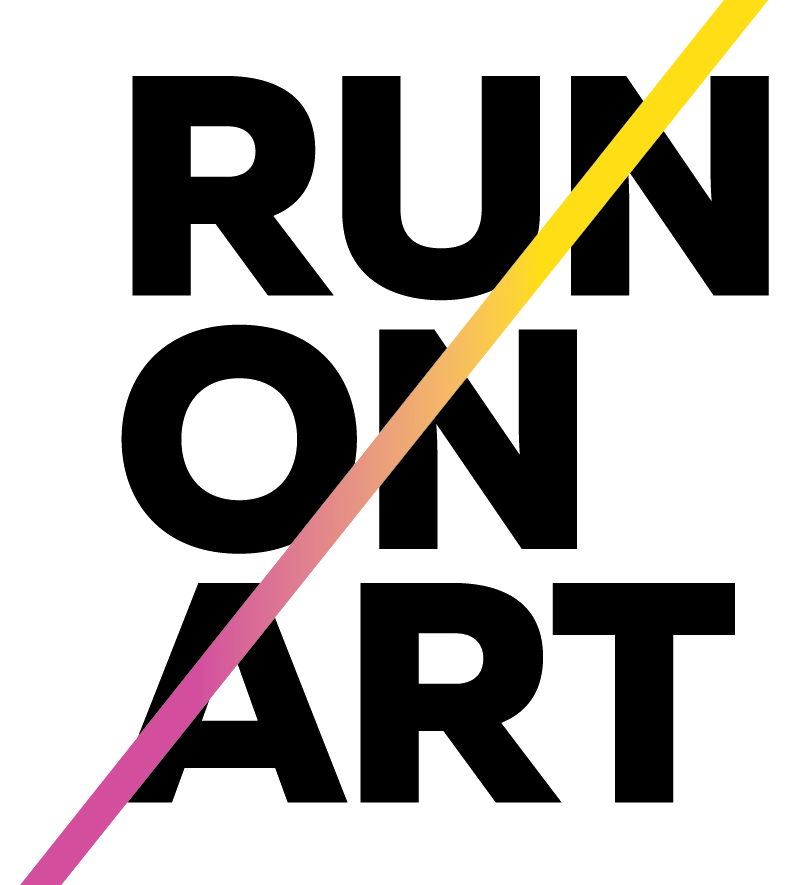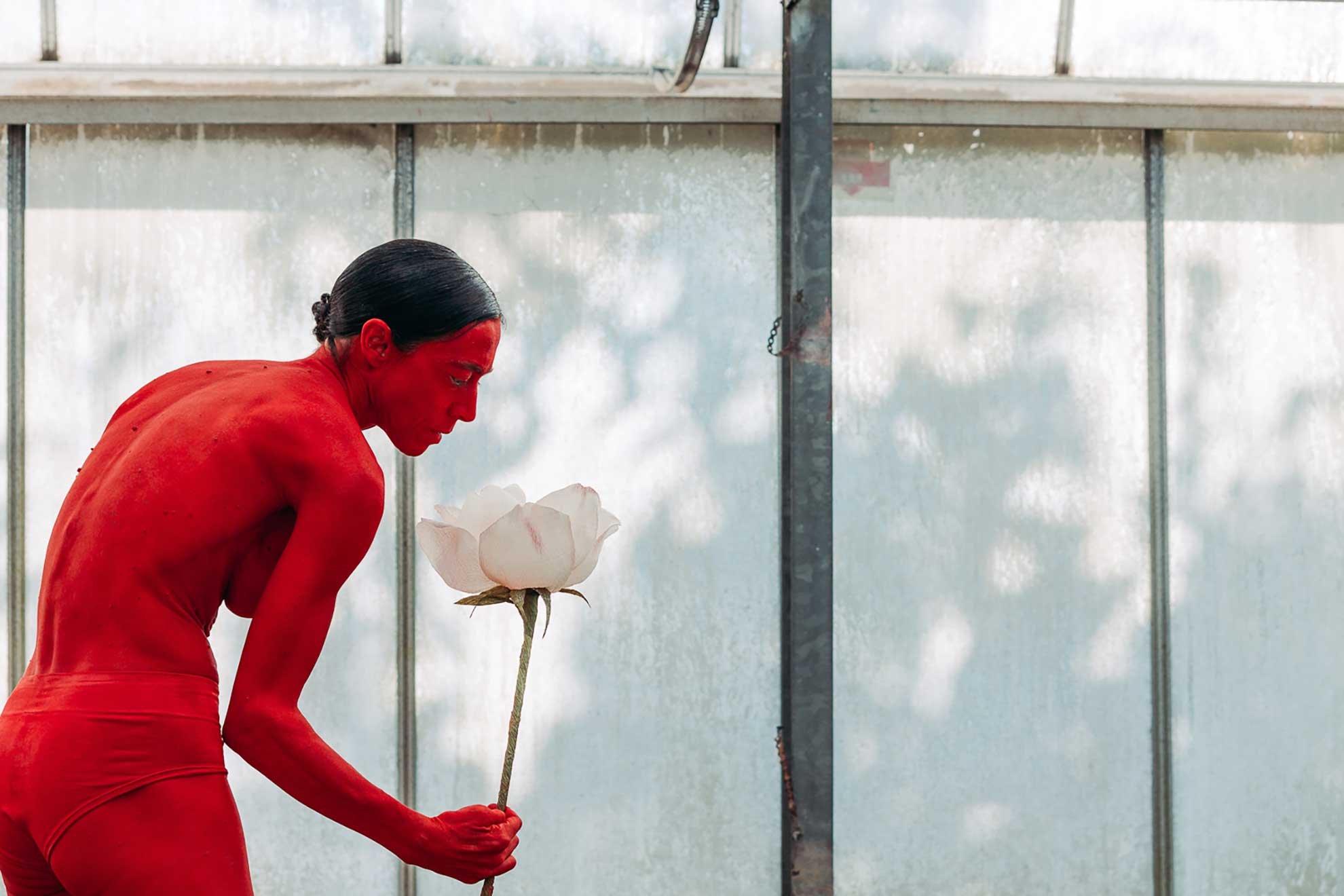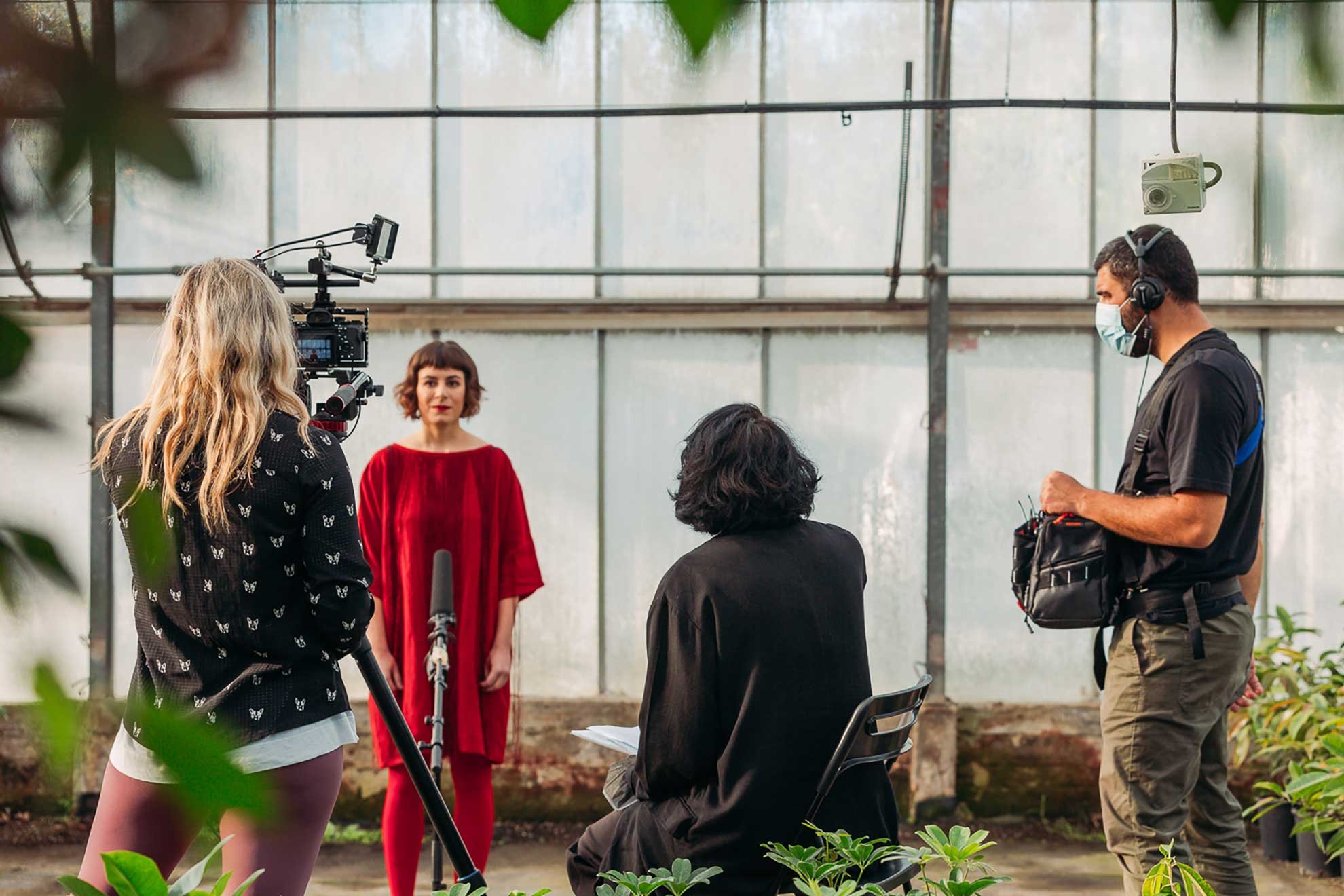
WOMANIFESTO I, 2022. Rania Bellou
WOMANIFESTO
part I
a film project on female artists’ voices now
WOMANIFESTO began its maiden film production at the Greenhouse of Ornamental Plants of the Agricultural University of Athens with the participation of fifteen female creatives, as "WOMANIFESTO I", Rania Bellou, Agata Darlasi, Maro Fasouli, Polina Kremasta, Pavlina Marvin, Maro Michalakakos, Eftychia Panayiotou, Barbara Roussou, Nefeli Sarri, Elena Topalidou, Chrisa Valsamaki, Myrto Xanthopoulou, Maria Yiayiannou, Tonia Tzirita Zacharatou.
ARTISTS
“My manifesto is the painful cry from the soul of a woman, against the atrocities of the destruction of nature (which is also female in Greek).”
Elena Topalidou
“In this manifesto, I shared on one hand words which articulate my principles as a dancing body, and on the other I created a small improvisation, trying to bring to action the thing that moves me.”
Polina Kremasta
“My manifesto is a woman’s presence for every woman”
Agatha Darlasi
“The silenced presence of women in the literary field in past eras, specifically the 19th century. This silencing was considered a void and it contributed to the marginalization of women.”
Barbara Roussou
“I attempted to record a condition during which patriarchy, crisis, capitalism, subject in different manners the human condition, the way we live and we are socially organized.”
Chrisa Valsamaki
“I narrate the victorious moment when a woman escapes, psychologically and physically, from the vicious circle of domestic violence. It is a type of violence that she has been taught through play – making its realization that much harder. I wanted -and do not know if I succeeded- to convey the relief that we feel when we are freed of century-old burdens, even from their words and charms.”
Eftychia Panayiotou
“In the first part of my small ‘declaration’ I describe the negative aspect of a manifesto. I used the title ‘Crying cage with lid’ to make reference to the barbarism of an old-fashioned cage, where people would captivate birds and place them inside a crate so that, in their despair, their voice would grow louder. In the second part of the manifesto I address a ‘Belief’ in the power of the female God which works as water, a liberating force, untamed in its kindness.”
Maria Yiayiannou
“The present text constitutes a popularized version of an unofficial hieratic and unfamiliar manifesto, an apotropaic psalm, a hymn describing troubles and our freedom from them. It acquires the form of a text through the collation of refrains and curses documented as types of traditional popular discourse. Aphorisms which, in the course of centuries have become the only weapon of women. They were expressed by them and by other groups of citizens without clear rights, in the form of oral discourse and they were imbued with magic. The narration does not state clearly the boundaries between affection and aversion, curse and blessing. This unclear boundary highlights the female presence and its voice resounds as a ‘traditional’ manifesto..”
Maro Fasouli
“I endeavored to document the creative procedure and mostly thoughts and issues that concern me as a female artist today.”
Maro Michalakakos
“My version here is a recording of words in alphabetical order, which took place during an actual panic attack. A manifesto-refuge in words, simple words, in writing, breathing in and out, and in everything that vibrates and shakes, right now. Being a manifesto, it turns its gaze to what happens now, within and outside, and which is so borderline that presence (in the sense of being present) and acceptance be the minimum, brave and substantial heritage for any future we may have.”
Myrto Xanthopoulou
“How can I show what is important and what is cinema to me, in one minute? I thought that I would like a celebration scene, a feast, a group of people pretending to dance, eat, drink, but without actual plates, food, drink. And I would be sitting somewhere among them. This could actually be a spontaneous reaction to the pandemic and its repercussions on my own work.”
Nefeli Sarri
“In my manifesto, I aspired to document and mostly to research the lineage formed by my wonderful Cypriot ancestors, starting from my grandmother, my mother’s mother, and arriving to women who I do not know but who have been seminal as to who I am today. My ancestors are a mountain range, and this is the first time I stood to gaze upon it.”
Pavlina Marvin
“My manifesto sheds light to the creative passion through female artistic voice... It is still vitally important to allow the voices of women themselves to be heard, either through art, through a camera lens, a pencil, or any other means.”
Rania Bellou
“I imagined this artists’ manifesto as a mosaic of femininities who transform their reality, while bearing the historicity of their experiences. What I wanted to document in my piece is a change of example in the relation with the one, with the other, which passes through accepting vulnerability and attempting tenderness.”
Tonia Tzirita Zacharatou
“…We always need to understand and articulate the malfunctions of the systems we live in. Today everything has become so fluid, we feel that nature is collapsing, that social structures are entering into difficult, turbulent flows, yes, today we need to talk about art, about sustainability, about all that we must and want to do to make our present and future good and bright…”
Xenia Loizidou, Coastal Engineer
Ambassador
“…I find Efi's initiative for the creation of Womanifesto inspiring and majestic. At a difficult time when everything is put to the test at all levels, we need intelligent people with a vision to take initiatives in order to move forward…”
George Zervides, Marketing and Branding Specialist
ROA mentor
"...We support the artistic pursuits and the paths that create... because in this way we record moments and proposals for the artistic expression of today and how it will remain, be preserved and promoted in the future..."
Loukia Loizou - Hadjigavriel, Director A.G. Leventis Gallery
Supporter






























